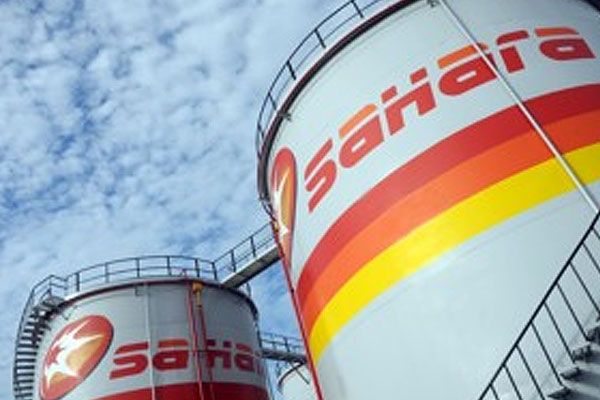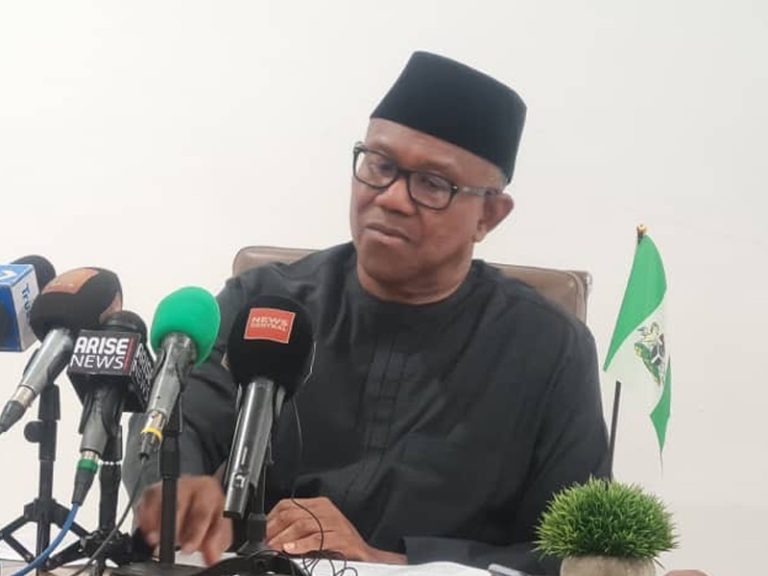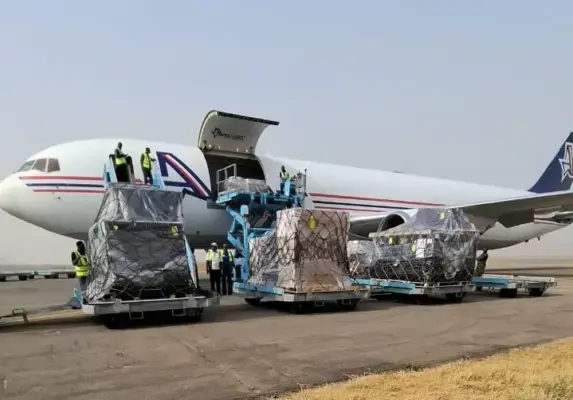
Energy conglomerate Sahara Group is ramping up its upstream oil production with an ambitious plan to hit 350,000 barrels of oil per day (bbl/d) and 1 billion standard cubic feet of gas per day (MMScf/d) over the next five years, a move set to reshape Nigeria’s oil and gas capacity and bolster Africa’s energy security.
The aggressive growth strategy is anchored on the company’s recent acquisition of seven brand-new drilling and workover rigs, according to Leste Aihevba, Chief Technical Officer of Asharami Energy, Sahara Group’s upstream subsidiary.
“We’ve expanded our reserves development and production capabilities with the acquisition of seven rigs to drive faster, more efficient field development,” Aihevba said while addressing stakeholders at a strategic investor session held on the sidelines of the recently concluded Africa Energy Week (AEW) in Cape Town.
According to Aihevba, the investment is part of Sahara’s broader commitment to unlocking Africa’s full energy potential responsibly, while enhancing its competitiveness across the upstream value chain.
“At Sahara Group, we’re making long-term investments in infrastructure that cut across upstream, midstream, power, and support services. We’re deliberately building capacity to not just explore and produce, but to transform how energy is delivered across Africa,” he stated.
Aihevba confirmed that two of the new rigs are already in-country, with two more expected by the end of the year. These assets are central to Sahara’s production acceleration plan and are being managed by Arahas Global Oilfield Services, another Sahara-owned company.
One of the rigs, a state-of-the-art 2000 HP Land rig named L-Buba, has already commenced drilling operations, spudding a gas development well at one of Sahara’s sites. A second rig is currently being mobilised to begin work on an oil development well, with the remaining rigs scheduled to follow suit.
Aihevba also used the platform to stress the importance of regional collaboration, urging African nations to view energy development through a unified lens.
“Africa’s journey toward energy security and sustainability cannot happen in isolation,” he said. “Every refinery upgrade, every gas commercialisation project, every infrastructure initiative should be part of a connected continental framework.”
He added that Sahara’s shared prosperity model ensures that host communities and governments are treated as key partners, with benefits from projects designed to uplift local economies and support national energy goals.
Driving Local Content and Energy Transition
Beyond infrastructure, Sahara Group is also investing in human capital development, technology adoption, and cross-border technical partnerships to localise expertise and deliver on its goal of responsibly powering Africa’s growth.
“By matching our infrastructure with skills, innovation, and community development, we’re making measurable contributions to Africa’s energy transition and doing it in a way that no community is left behind,” Aihevba concluded.



